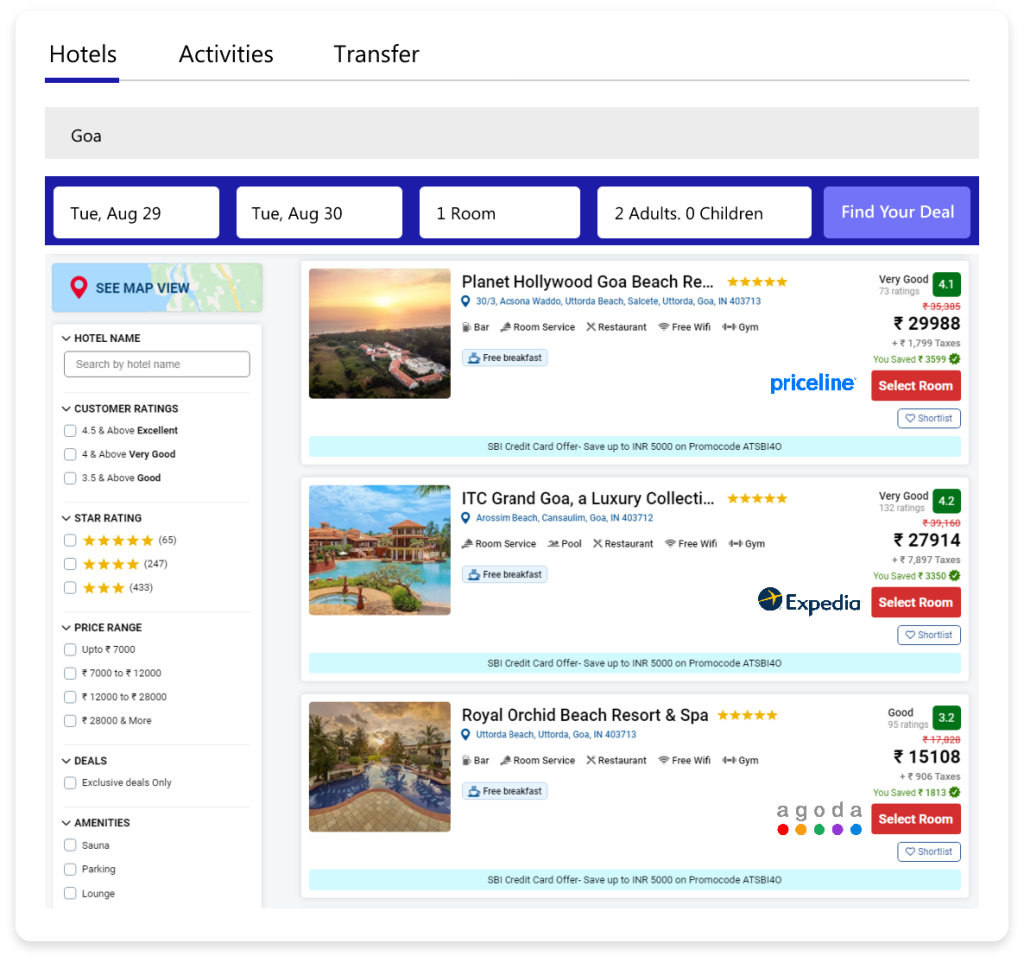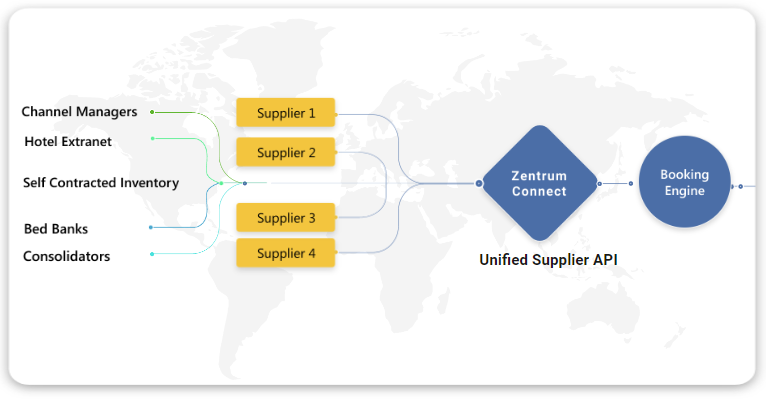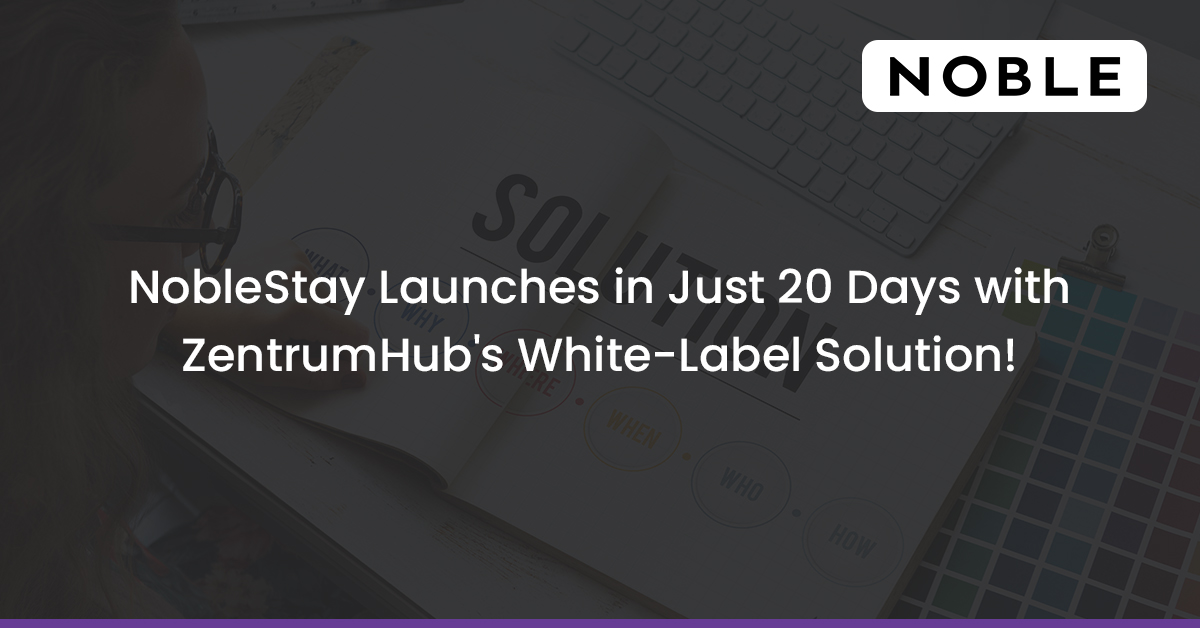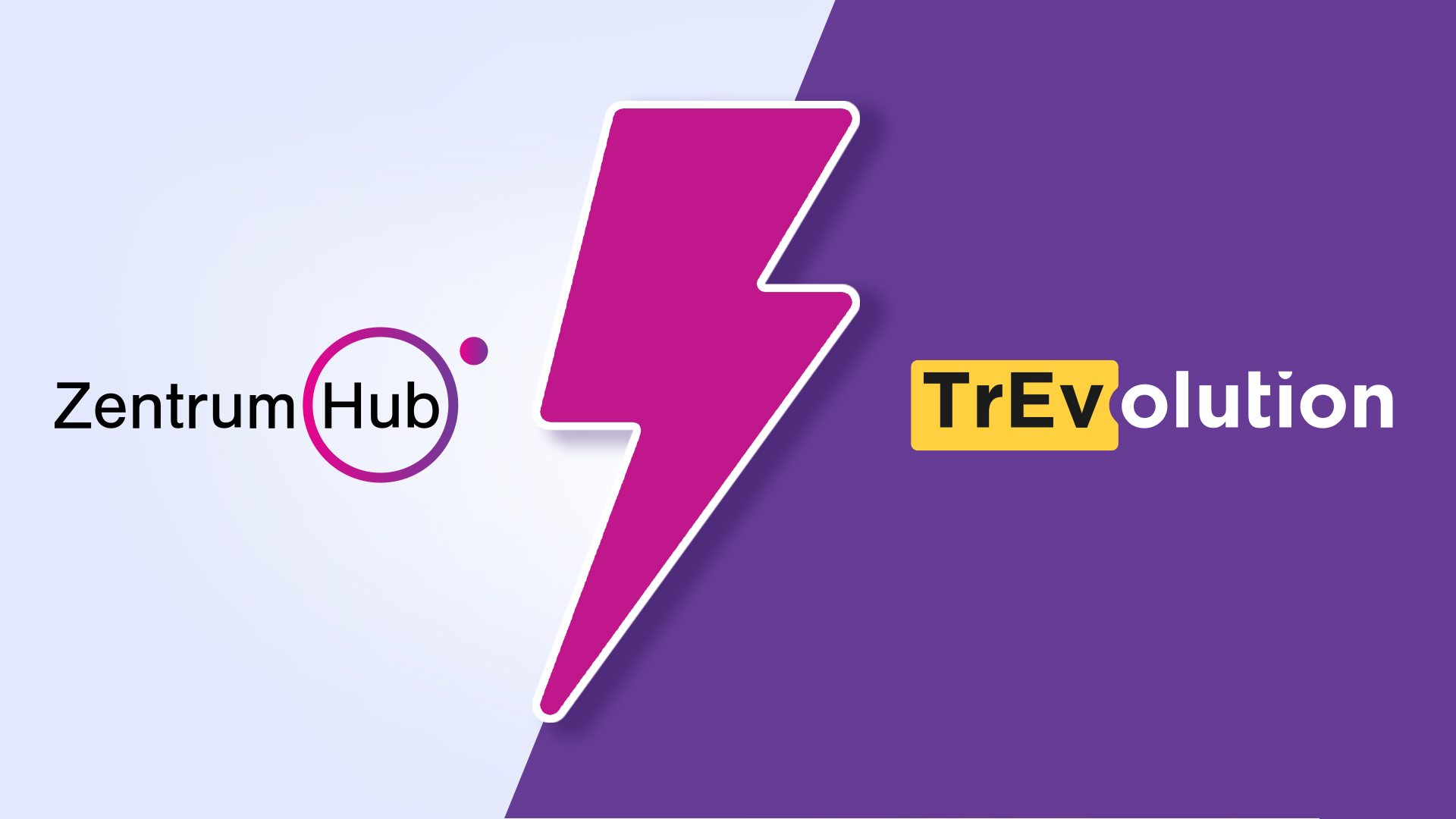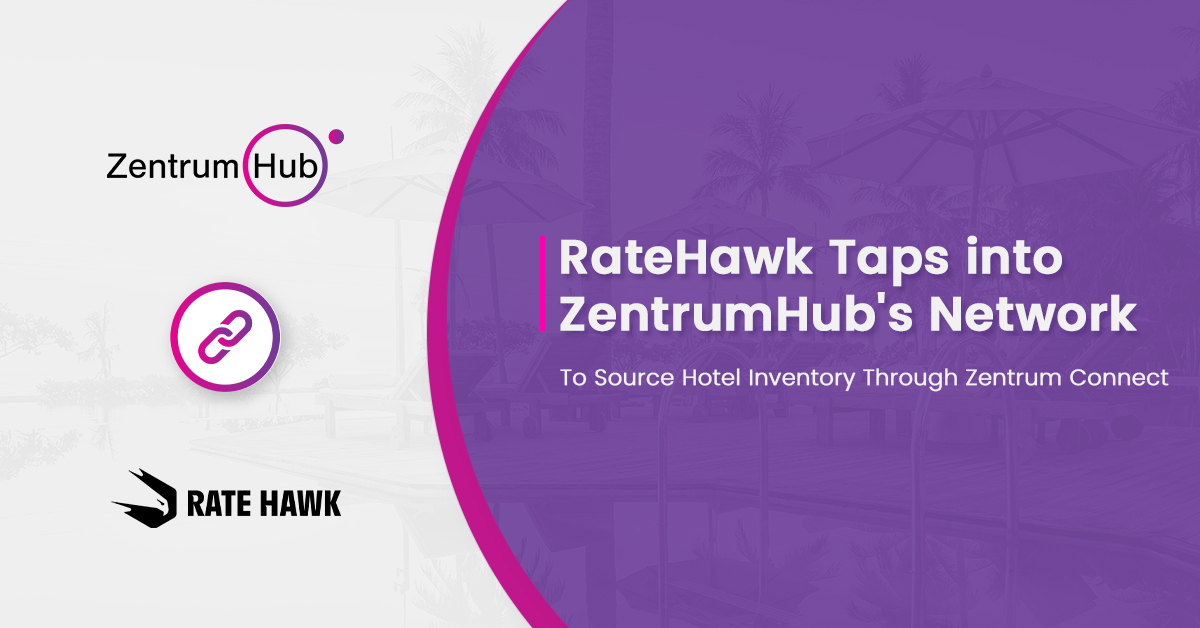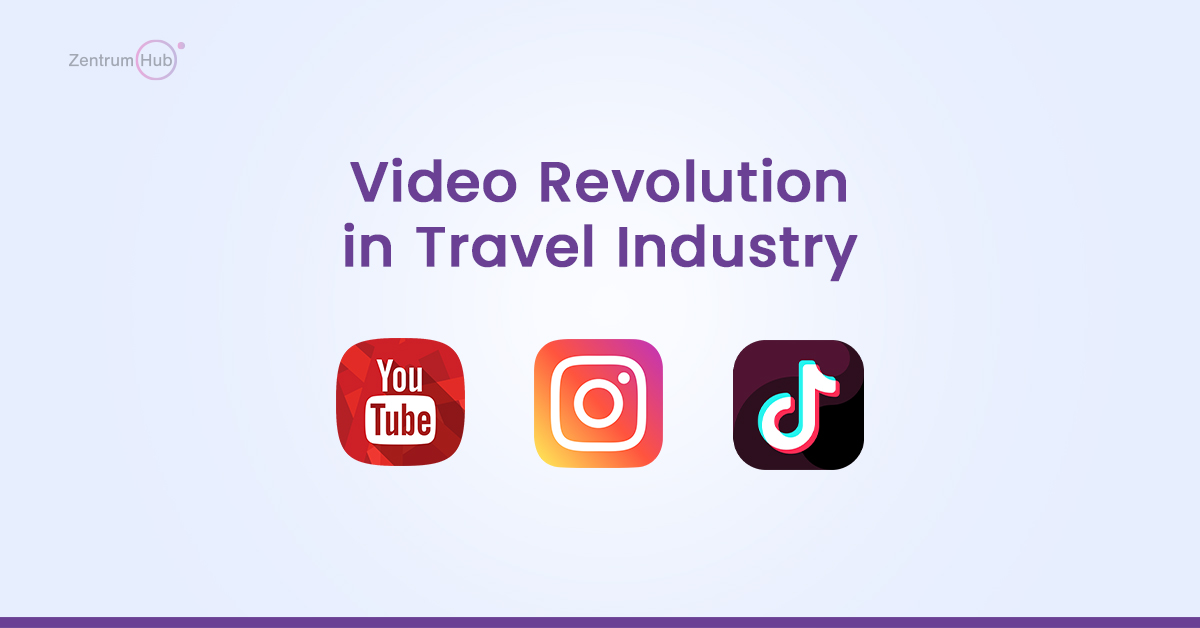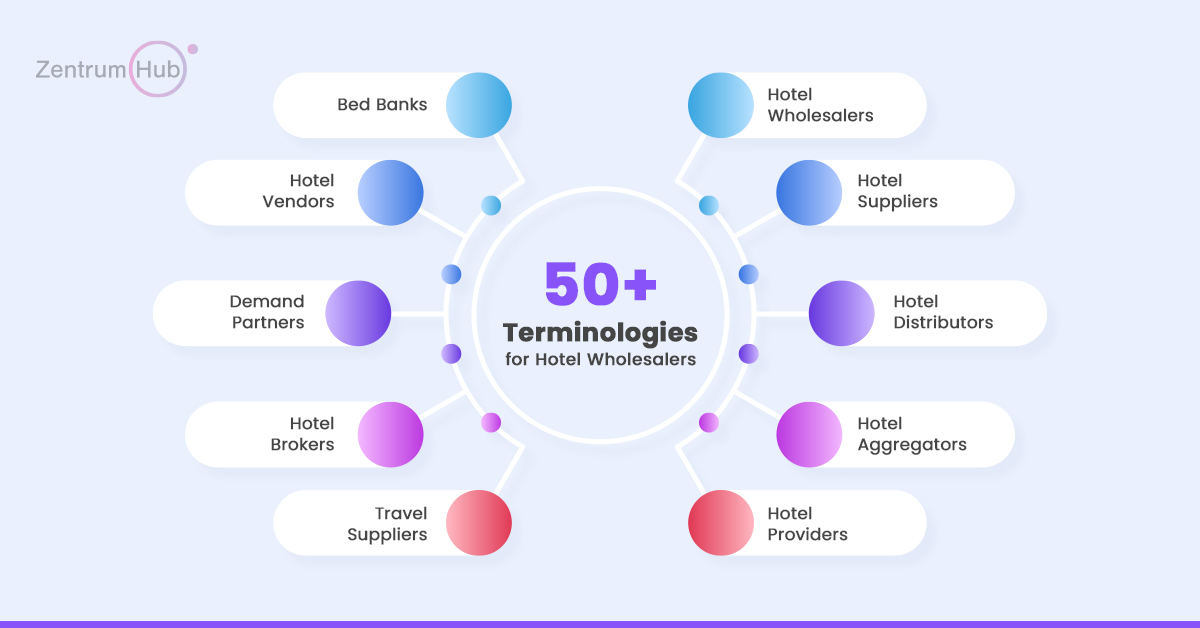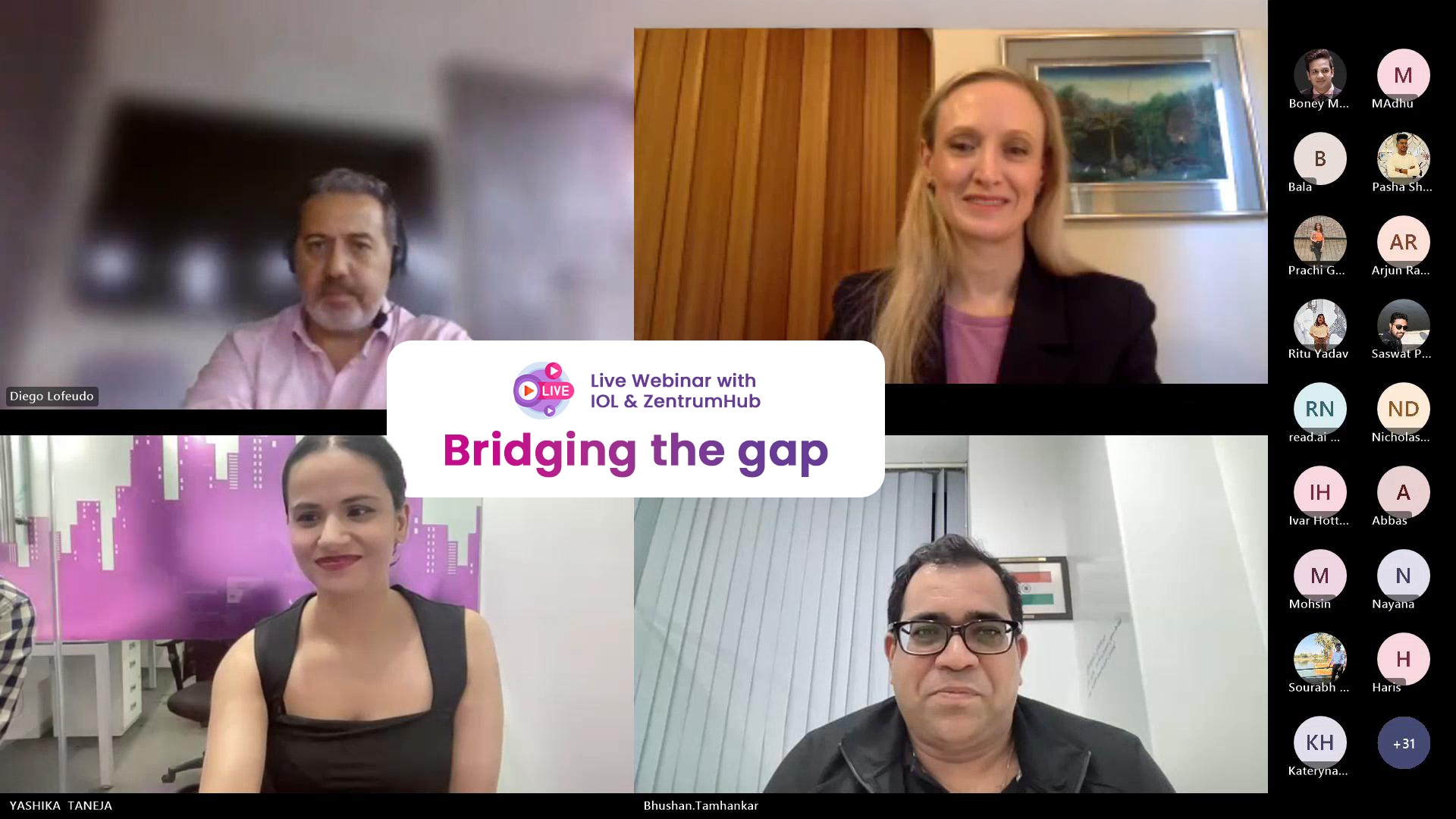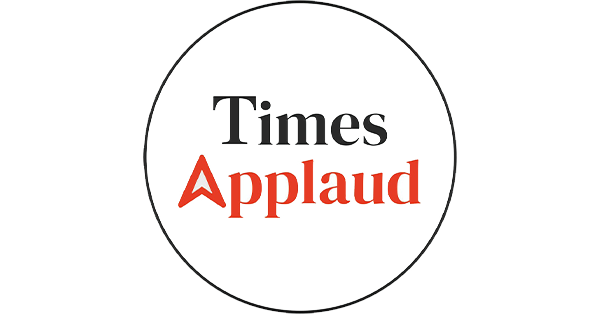What is the Difference Between B2C and B2B Hotel Booking API?
The world of hotel booking APIs can be a complex one, especially when you start diving into the different functionalities and target audiences. These APIs extend far beyond simply searching for hotels – they offer a comprehensive suite of features across the B2B (Business-to-Business) and B2C (Business-to-Consumer) landscapes.
This blog post aims to be your compass, navigating you through the key differences between B2B and B2C APIs, along with CUG (Closed User Group) and Non-CUG functionalities within the hotel booking space.
B2B vs. B2C APIs: Understanding the Target Market
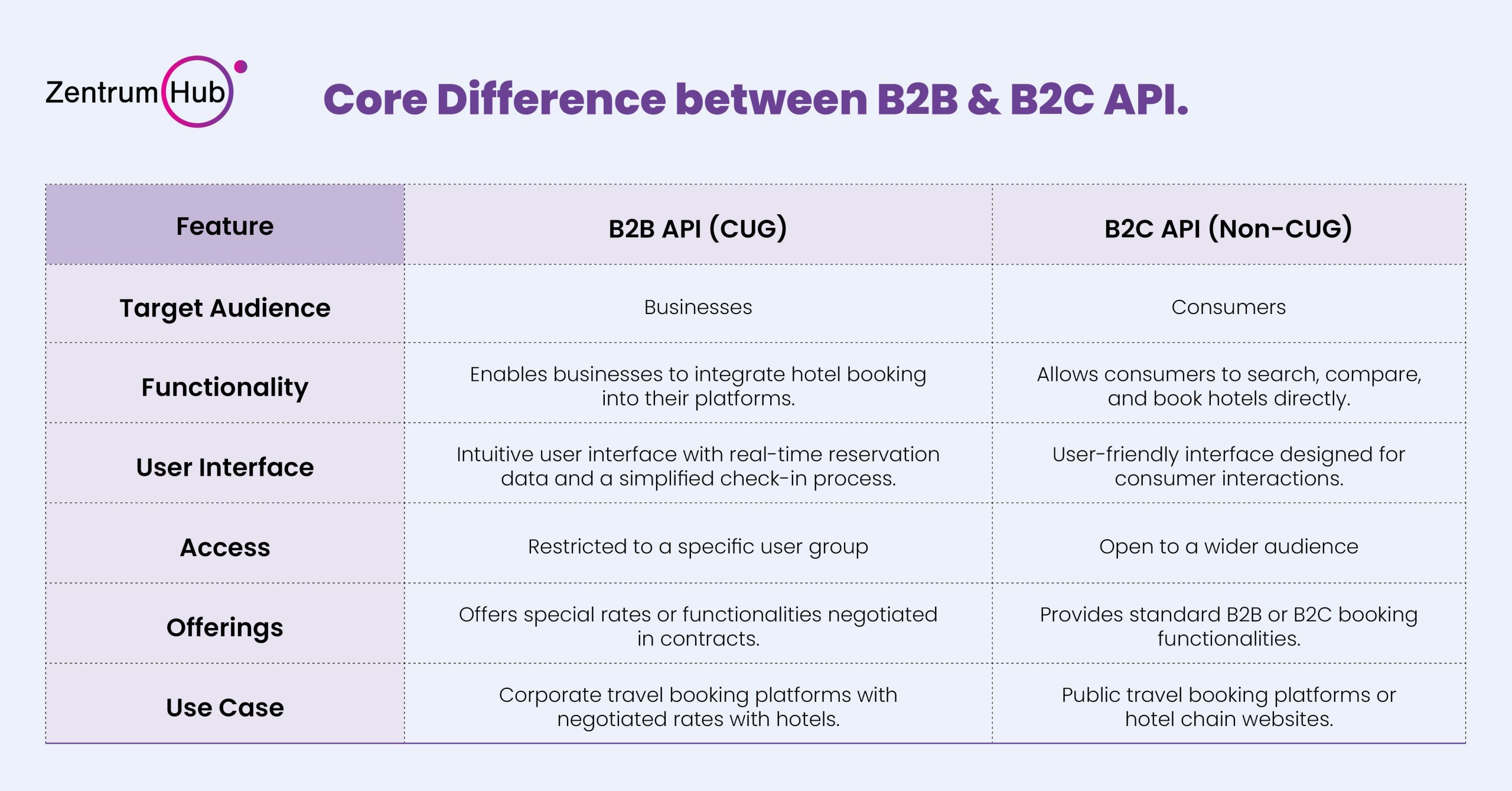
The complexities of hotel booking APIs stem from the need to address these diverse functionalities and user groups. Recognizing these distinct needs is fundamental to selecting and utilizing the most appropriate Hotel Booking API for your specific requirements.
B2B (Business-to-Business): These Hotel Booking APIs are designed to facilitate connections between businesses. In the context of hotel bookings, a B2B API would enable travel agencies, corporate booking platforms, or tour operators to seamlessly integrate hotel booking functionalities into their existing systems. This empowers them to offer hotel booking services to their clients without the burden of manually managing contracts or inventory with individual hotels.
Examples of B2B API Use Cases:
A travel management company integrates a B2B API to offer a one-stop shop for corporate clients to book flights, hotels, and car rentals.
A tour operator utilizes a B2B hotel booking API integration to streamline hotel bookings for pre-packaged vacation tours.
B2C (Business-to-Consumer): B2C APIs cater directly to consumers. This is what you encounter when you use online travel booking platforms or hotel chain websites. These APIs allow consumers to search for hotels, compare prices, and book rooms directly.
Examples of B2C API Use Cases:
A popular online travel agency leverages a B2C API to allow users to search for hotels based on location, price range, and amenities.
A hotel chain utilizes a B2C hotel booking API integration to power their website’s booking engine, enabling guests to seamlessly book rooms directly.
Understanding the difference between CUG vs. Non-CUG
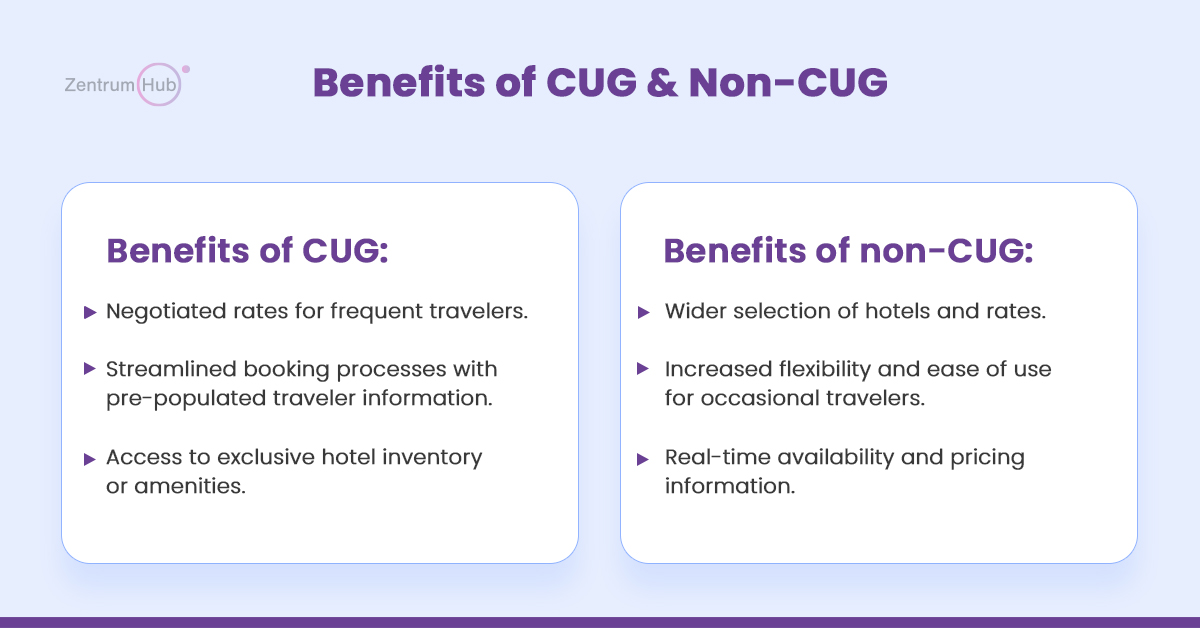
Having grasped the B2B and B2C landscape, let’s delve into the access control mechanisms employed by hotel booking APIs:
CUG (Closed User Group): CUG restricts access to a predefined group of users, typically established through negotiated contracts. In the realm of hotel bookings, this could translate to a corporate travel management company having a CUG agreement with a specific hotel chain. This agreement allows the company’s employees to enjoy exclusive rates or booking privileges unavailable to the public.
Benefits of CUG:
- Negotiated rates for frequent travelers.
- Streamlined booking processes with pre-populated traveler information.
- Access to exclusive hotel inventory or amenities.
Non-CUG: These are open to a broader audience and adhere to the standard functionalities of B2B or B2C APIs. Anyone with the necessary credentials can access the travel booking portal and conduct their bookings.
Benefits of non-CUG:
- Wider selection of hotels and rates.
- Increased flexibility and ease of use for occasional travelers.
- Real-time availability and pricing information.
Choosing between CUG and Non-CUG depends on your specific requirements. If you require access to exclusive rates or amenities, a CUG might be the ideal choice. However, if you prioritize wider selection and flexibility, a non-CUG would be more suitable.
Want to Learn More? Check Out These Hotel API Blogs
Conclusion
Whether you’re a travel company seeking to integrate hotel booking or a hotel chain looking to expand your reach, knowing the target audience and access restrictions will ensure you select the most suitable API solution.
By carefully evaluating these factors alongside the B2B, B2C, CUG, and Non-CUG considerations, you can make an informed decision and select the most suitable Hotel Booking API.
FAQs: Difference Between B2C and B2B Hotel Booking API?
There are two main types of Hotel Booking APIs: B2B (Business-to-Business) and B2C (Business-to-Consumer). B2B APIs are designed for businesses to integrate hotel booking functionalities into their platforms, while B2C APIs cater directly to consumers searching and booking hotels.
CUG APIs offer several benefits, including negotiated rates for frequent travelers, streamlined booking processes, and access to exclusive hotel inventory or amenities.
Non-CUG APIs provide a wider selection of hotels and rates, increased flexibility for occasional travelers, and real-time availability and pricing information.
The choice between CUG and non-CUG depends on your needs. If you require exclusive rates or amenities, a CUG might be ideal. If you prioritize wider selection and flexibility, a non-CUG would be more suitable.



